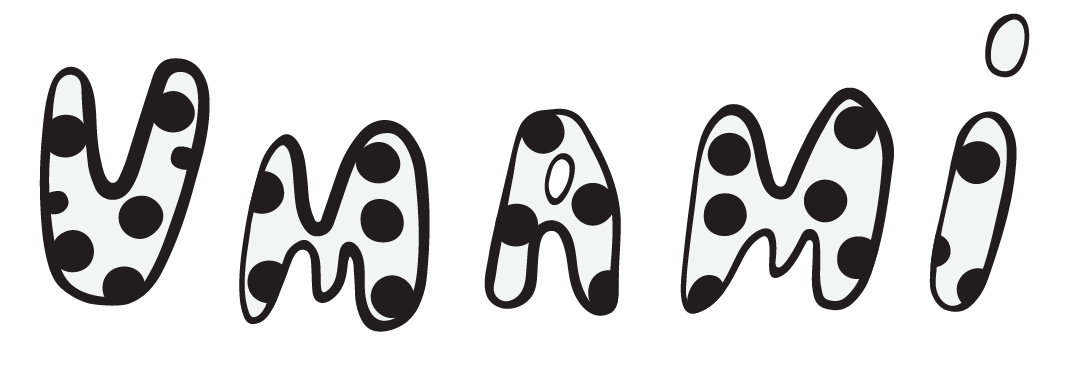Montessori Method
Philosophy of Montessori education is reflected in its motto "Help me do it by myself!" The role of an adult here is to support the child's natural development and help to gain independence.
The traditional approach of education that prevails today is focused on the transfer of prescribed blocks of knowledge. Its main problem is that the teacher does everything for the child, depriving him of the opportunity to learn how to do it by himself/herself.
Prepared environment and the role of a teacher in the classroom distinguishes Montessori from other approaches. For example, independent activity makes up about 80% of the Montessori class work, while teacher-oriented activity makes up the remaining 20%.
The traditional approach of education that prevails today is focused on the transfer of prescribed blocks of knowledge. Its main problem is that the teacher does everything for the child, depriving him of the opportunity to learn how to do it by himself/herself.
Prepared environment and the role of a teacher in the classroom distinguishes Montessori from other approaches. For example, independent activity makes up about 80% of the Montessori class work, while teacher-oriented activity makes up the remaining 20%.
Principles of the method:
- A three-hour work cycle with Montessori material.
- Mixed age group.
- Everything in classroom is arranged on different topics and the children have the right to choose what they are interested in.
- Children are completely free, but this does not mean that there is no organization and order.
- Respect for each other.
- Environmental responsibility.
Montessori materials
The Montessori materials are arranged according to the five main subject areas. The child will first work with the Practical Life activities; these are daily life activities familiar to the child from his home, such as pouring, cleaning the table, polishing or fastening. The main goal of these actions is to help the children to develop their concentration and fine motor skills.
Other areas are Sensorial development, Mathematics, Language and Culture&Science. Sensorial materials were designed to help the child to refine his/her five senses. Through these materials the child learns order, he/she will be able to classifications in his/her environment: geometric solids, puzzle maps, colored beads, red rods and others.
All the Montessori materials and prepared environment, organized in orderly manner on easily accessible open shelves, enhance the child's independence. It allows the child easily identify them and gradually be able to correct any mistakes (this eliminates the need for correction by the teacher - a function that has become the basis of traditional education). Instead of an external force controlling him, the child relies on a decision based on his/her interests. Relying on his/her own self-esteem, the child develops a "friendly feeling" for an error, embarking on the path to self-improvement.
Other areas are Sensorial development, Mathematics, Language and Culture&Science. Sensorial materials were designed to help the child to refine his/her five senses. Through these materials the child learns order, he/she will be able to classifications in his/her environment: geometric solids, puzzle maps, colored beads, red rods and others.
All the Montessori materials and prepared environment, organized in orderly manner on easily accessible open shelves, enhance the child's independence. It allows the child easily identify them and gradually be able to correct any mistakes (this eliminates the need for correction by the teacher - a function that has become the basis of traditional education). Instead of an external force controlling him, the child relies on a decision based on his/her interests. Relying on his/her own self-esteem, the child develops a "friendly feeling" for an error, embarking on the path to self-improvement.
Sign up for a tour
in the future kindergarten of your child
Our Contacts
7 Honcharnaya street, Kyiv
Working hours:
9:00 - 17:00
Working hours:
9:00 - 17:00
